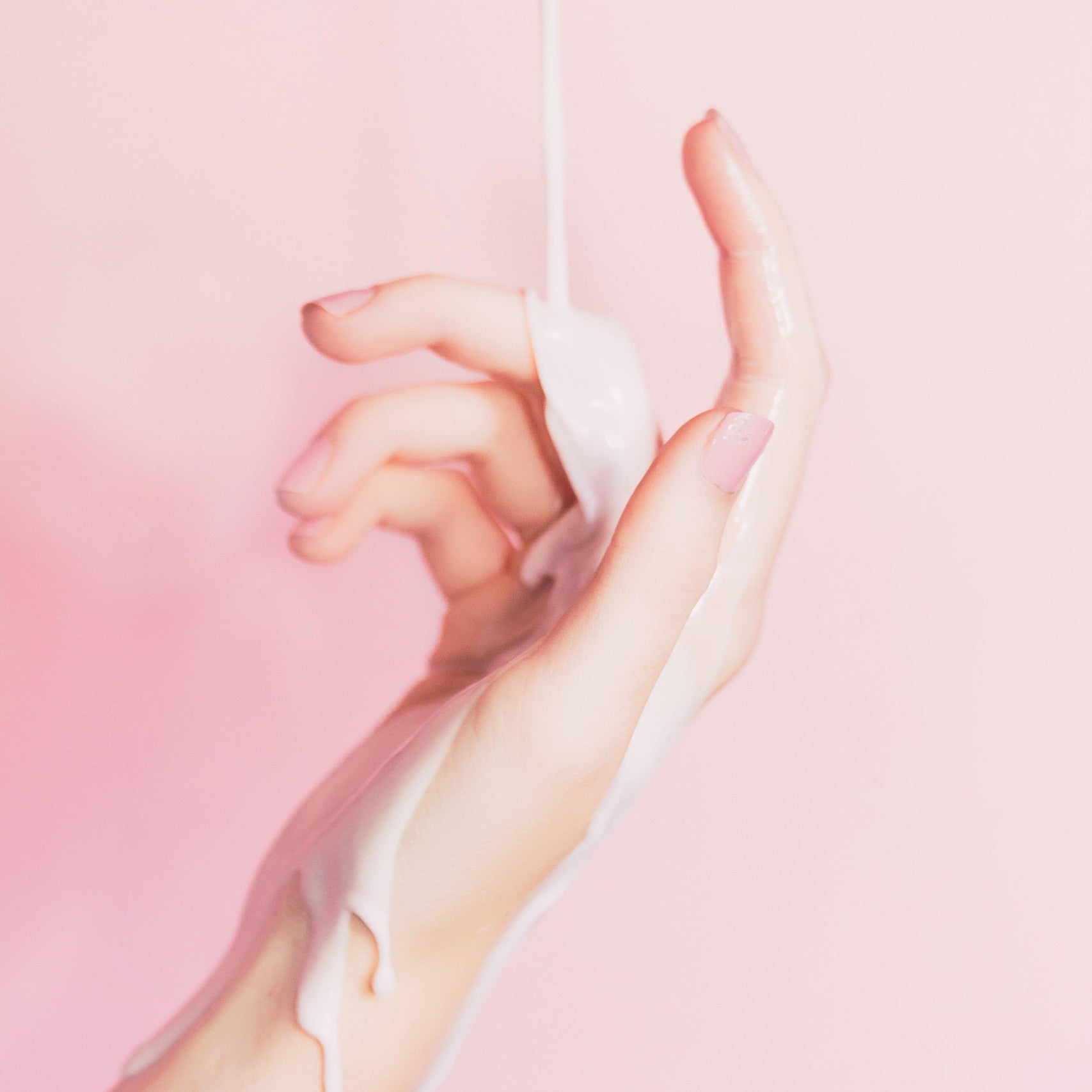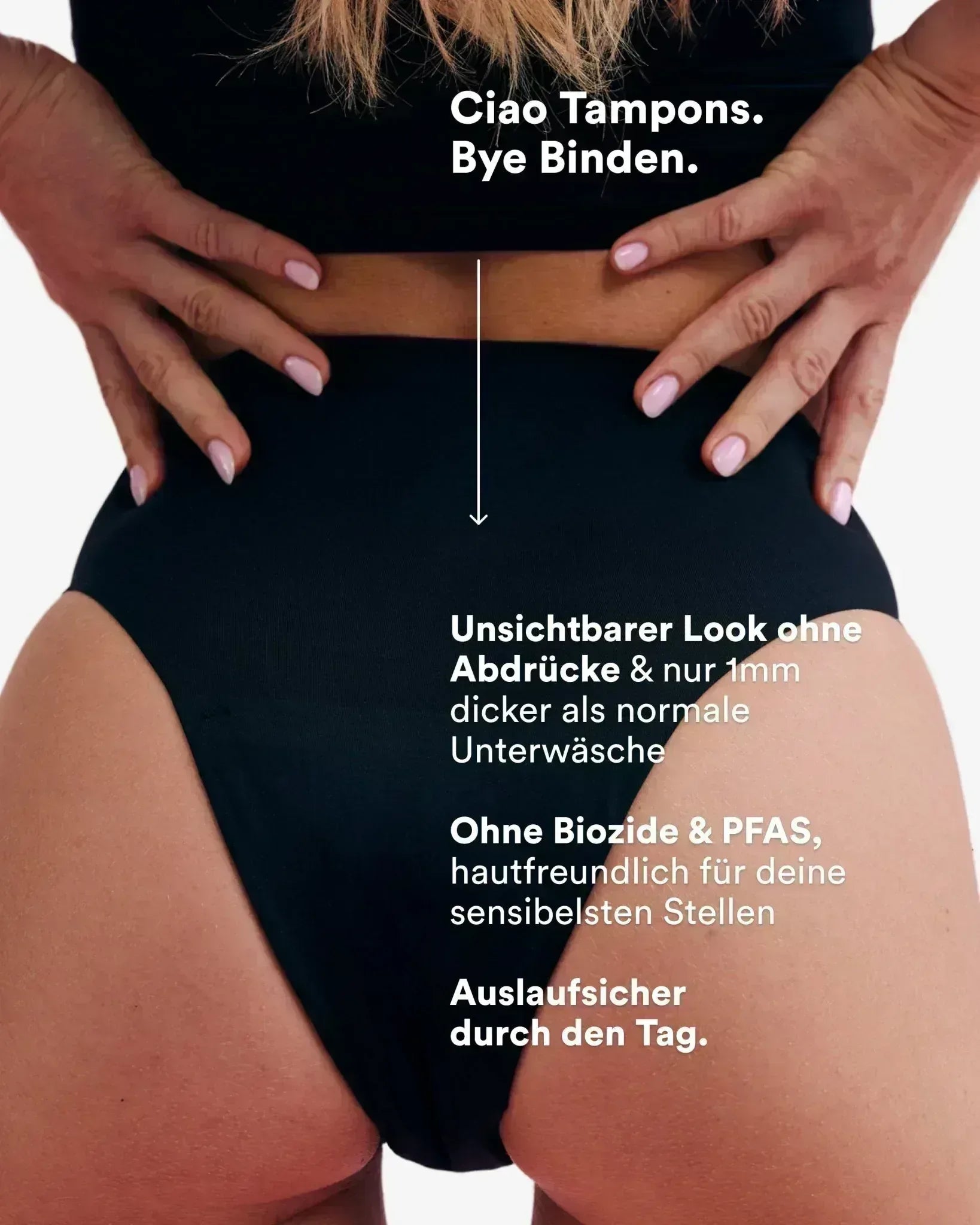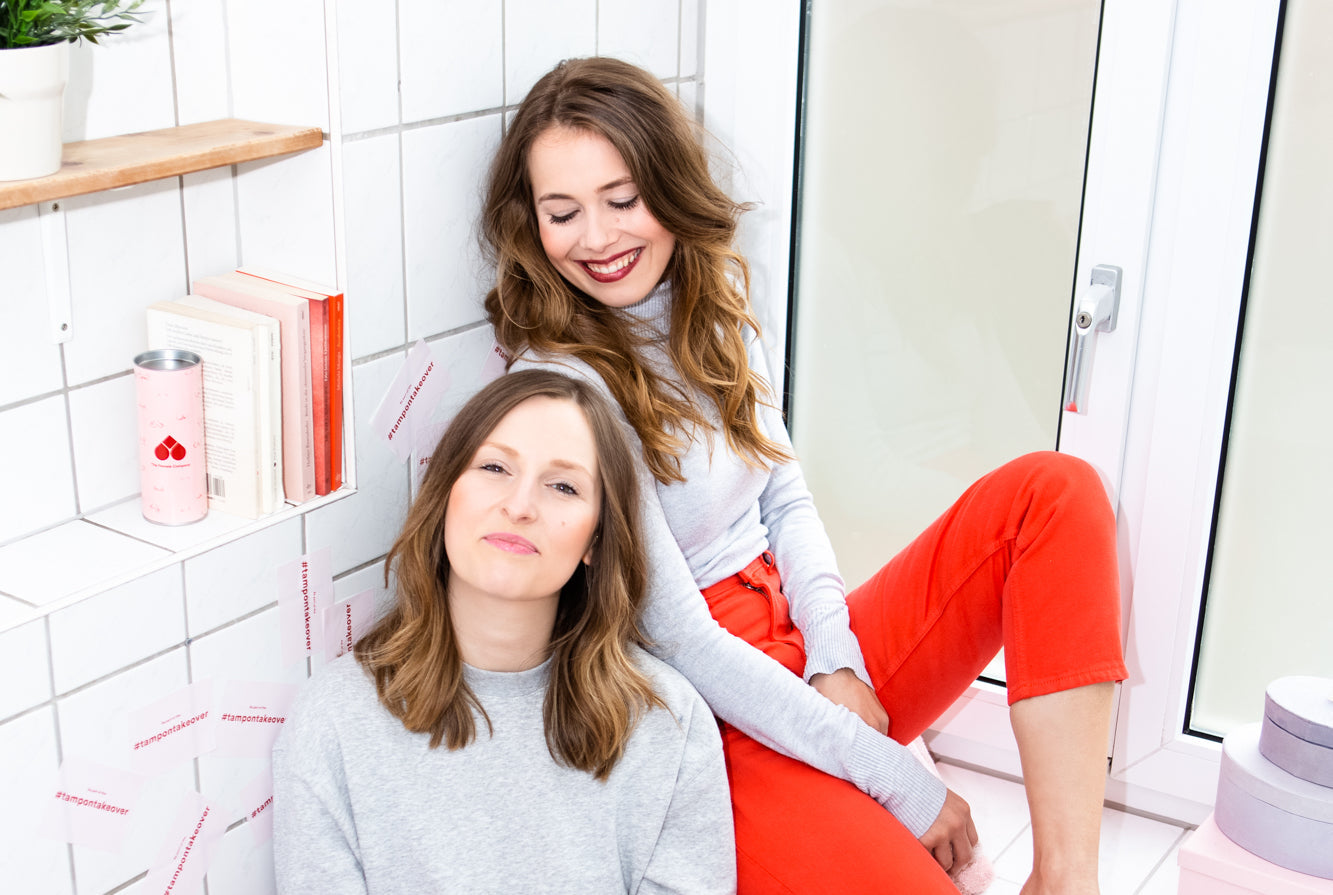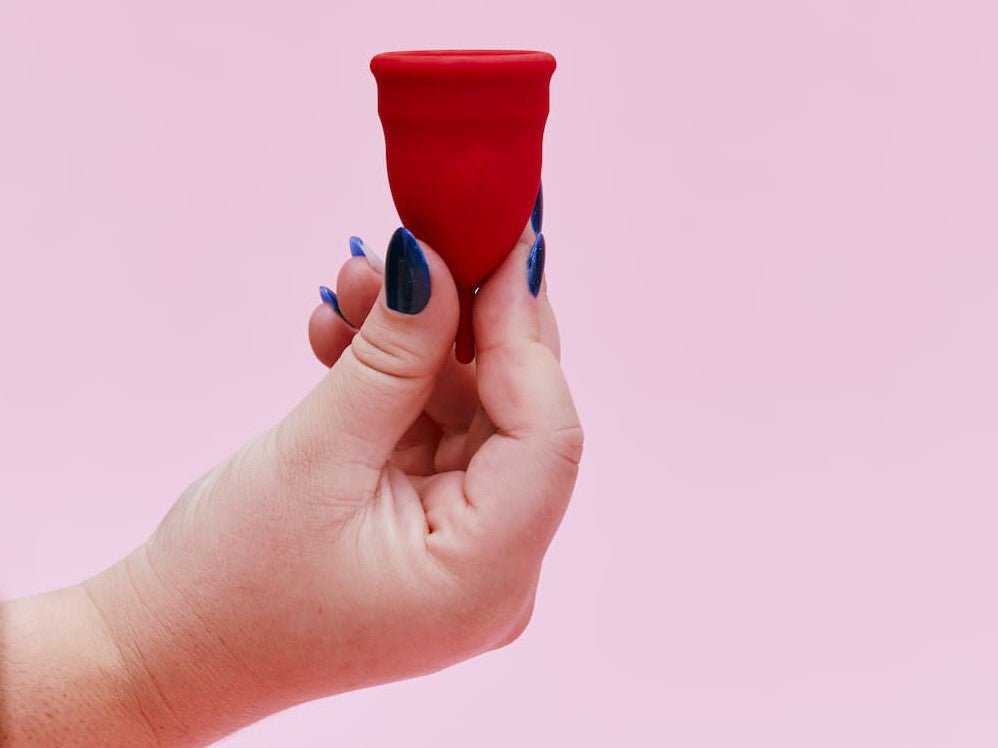What's even worse than not being allowed to sleep in? Quite clearly: not being able to fall asleep!
Especially before menstruation, some women notice that all attempts at counting sheep, changing sleeping position or spontaneous meditation have no effect at all.
Sleep disorders before the period have now been scientifically investigated and it is true: the cycle influences sleep efficiency. Aha, we knew it...
Scientists around medical student Anne E. Kim from the Cleveland Clinic Lerner College of Medicine measured the sleep quality of ten women between the ages of 18 and 28 during their menstruation. As published on the science portal ScienceDaily.com, the results show:
Shortly before menstruation, sleep efficiency drops by 3.3 percent. Sounds like peanuts? In concrete terms, it means that women wake up more often in the days before their period and need an average of 15 minutes longer to fall asleep. 15 minutes means hitting snooze at least twice in the morning. We really don't want to give that up.
Summary
Sleep disorders before periods are scientifically proven .
Shortly before menstruation, sleep efficiency decreases.
The sleep disturbances are caused by changes in ovarian hormones throughout the menstrual cycle.
Table of contents
Contents
1. You can't sleep?
Another survey conducted by the US National Sleep Foundation found that 23 percent of menstruating women experienced sleep disturbances before their period , and 30 percent even said that they had trouble sleeping during their period. So sleep disturbances before your period are real.
According to the researchers, the sleep problems are probably caused by: "Changes in ovarian hormones throughout the menstrual cycle." Those lovely hormones (again). After ovulation , the progesterone in your body increases. According to the Sleep Foundation, this can lead to you feeling sleepier than usual in the days that follow. First the tiredness and then the inability to fall asleep .
Thank you Mother Nature (not!). But hey, getting upset doesn't help (it just makes you sleep worse) and it's actually really cool to be able to really feel your body and what's going on in it.
2. Maybe this will make you snooze...
Of course, we all still want to get enough sleep. And even if we can't do anything about the hormonal fluctuations directly, we have another tip for you: keep a close eye on your monthly cycle and any sleep problems that may occur before your period, for example with a menstrual calendar . Write everything down so you can recognize patterns and at least prepare for them aka plan a Netflix&Chill evening and just go to bed a little earlier.
By the way: You can find out here whether it is OK to sleep with a tampon without changing it during the night (you should actually put in a new tampon after six hours at the latest).
And so that you don't have to worry at least at night whether you have enough tampons at home, you can get our organic tampons here in a super practical subscription directly to your home.
3. Quick & Dirty - What really helps?
Of course, sleep disorders during your period are not only caused by hormonal changes - we all know it! Maybe you are one of those who have to deal with severe pain or emotional ups and downs. Argh! You have our sympathy! But don't despair, maybe there is something here that can help you a little:
-
Create a comfortable sleeping environment:
Keep your bedroom quiet, dark and cool. Consider using curtains to dim the light and keep the room temperature comfortable. -
Regular sleep-wake rhythm:
Try to go to bed and get up at the same time every day to regulate your sleep-wake cycle. -
Relaxation before going to bed:
Avoid exciting activities and screen time for at least an hour before bedtime. Instead, consider relaxing activities such as reading, gentle stretching, or breathing exercises. -
Light evening meal:
Avoid heavy and fatty meals close to bedtime. Eating a light, easily digestible meal can help prevent stomach upset. -
Keep an eye on hydration:
Drink plenty of water, but try to limit fluid intake before bed to minimize nighttime bathroom trips. -
Limit caffeine and alcohol:
Reduce consumption of caffeinated drinks and alcohol, as these can disrupt sleep. -
Exercise and relaxation:
Regular physical activity can help promote sleep. Gentle stretching, yoga or light walks can be particularly helpful during your period. Relaxation techniques such as meditation or progressive muscle relaxation may also be useful. -
Pain management:
If you are suffering from menstrual cramps, talk to a gynecologist about options for pain relief. Proper pain management can help improve your sleep. -
Natural remedies:
Herbal teas such as chamomile or lavender can have a calming effect and promote sleep. However, always consult your doctor before trying any new herbs or supplements. -
Don’t despair, ask your doctor:
If sleep problems persist or worsen during your period, you should get it checked out. There may be an underlying medical cause that needs to be treated.






















